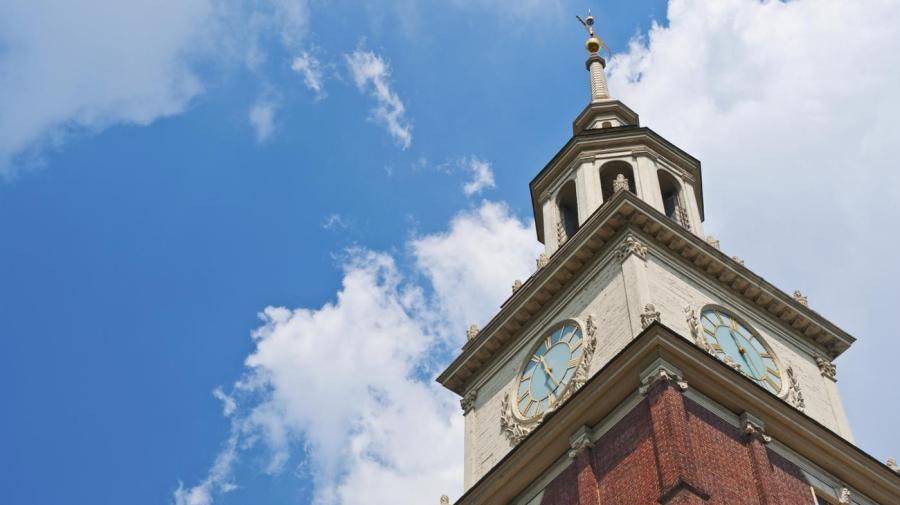How Did John Locke Influence the Constitution?

Despite holding citizenship in England, John Locke promoted a government powered by the people and for the benefit of citizens. Locke lived during the 17th century, and had a prime role in shaping the spirit and language of the United States Constitution. Locke expressed his opinions on proper governance through several key works, including the “Second Treatise of Government,” which established fundamental criteria for a sound and legitimate government.
Locke shared several views in common with several prominent philosophers, including Thomas Hobbes. Like Hobbes, Locke believed humans to be inherently selfish. However, while Hobbes believed people to be incapable of self-governance in the absence of a central leading figure to provide guidance and support, Locke argued that ordinary humans have a large capacity to make reasonable and rational decisions. Locke asserted that people, as rational and emotional beings, have natural rights. People, Locke believed, have rights to life, liberty and property that governments should not deny. The common people, Locke asserted, have the right to overthrow established governments if their basic natural rights do not receive protection. Locke proposed in the “Second Treatise of Government” that transparency in government and a central democratic system, which allows for interaction between officials and the public, are keys to success.





